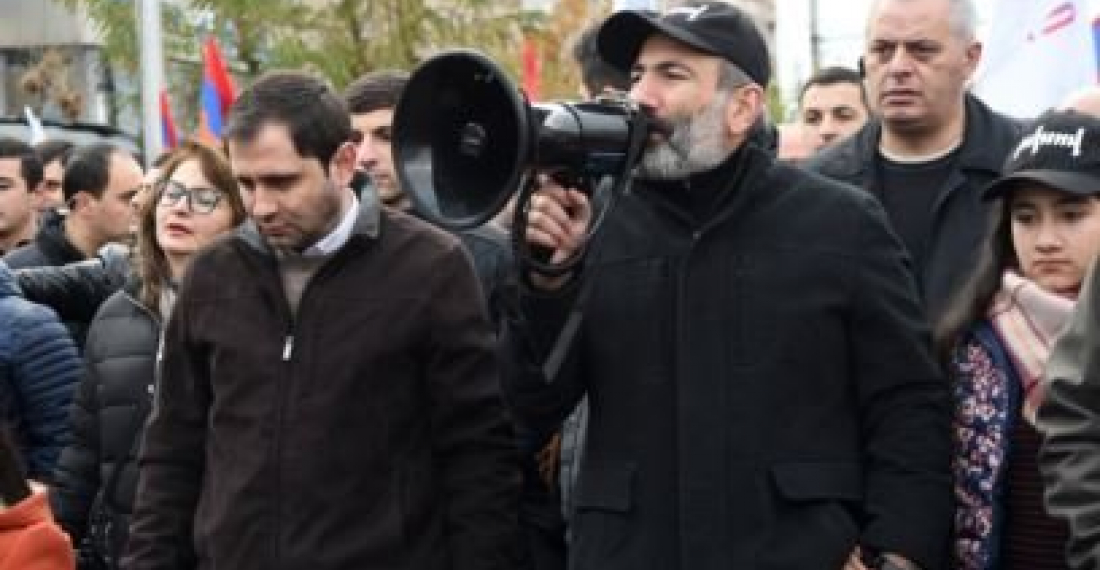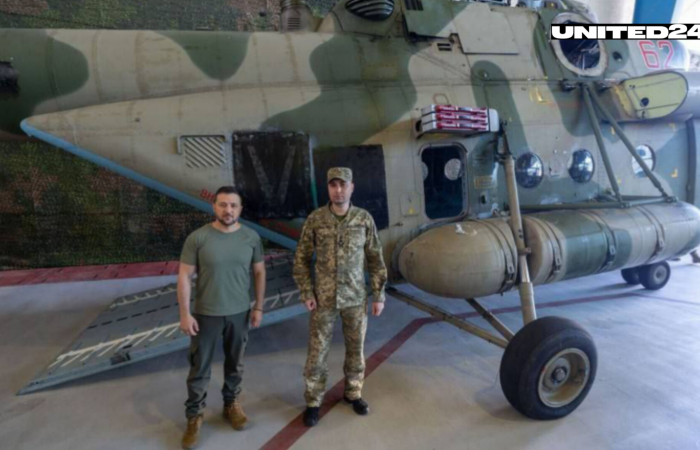Armenian prime minister Nikol Pashinyan took back to the streets of Yerevan on Saturday (24 November) mobilising popular support for his "My Step" bloc, ahead of parliamentary elections on 9 December.
Opinion polls published this week say Pashinyan's political alliance is likely to score around 70% in the forthcoming elections, confirming the prime minister's own personal popularity, as well as support for the radical reforms he has initiated.
By taking back to the streets, Pashinyan is reminding people of his extraordinary mobilisation of the Armenian people in the spring which saw a peaceful transition to a new government, and some say also a completely new way of doing politics in the South Caucasus republic. Whilst the government that Pashinyan has led since May has yet to deliver in a number of crucial areas, his style of government and simple but effective communication with the people has kept the prime minister's popularity high right across the country.
source: commonspace.eu
photo: Prime Minister Nikol Pashinyan of Armenia leading a march in Yerevan on 24 November 2018 (picture courtesy of RFE/RL Armenian service)






